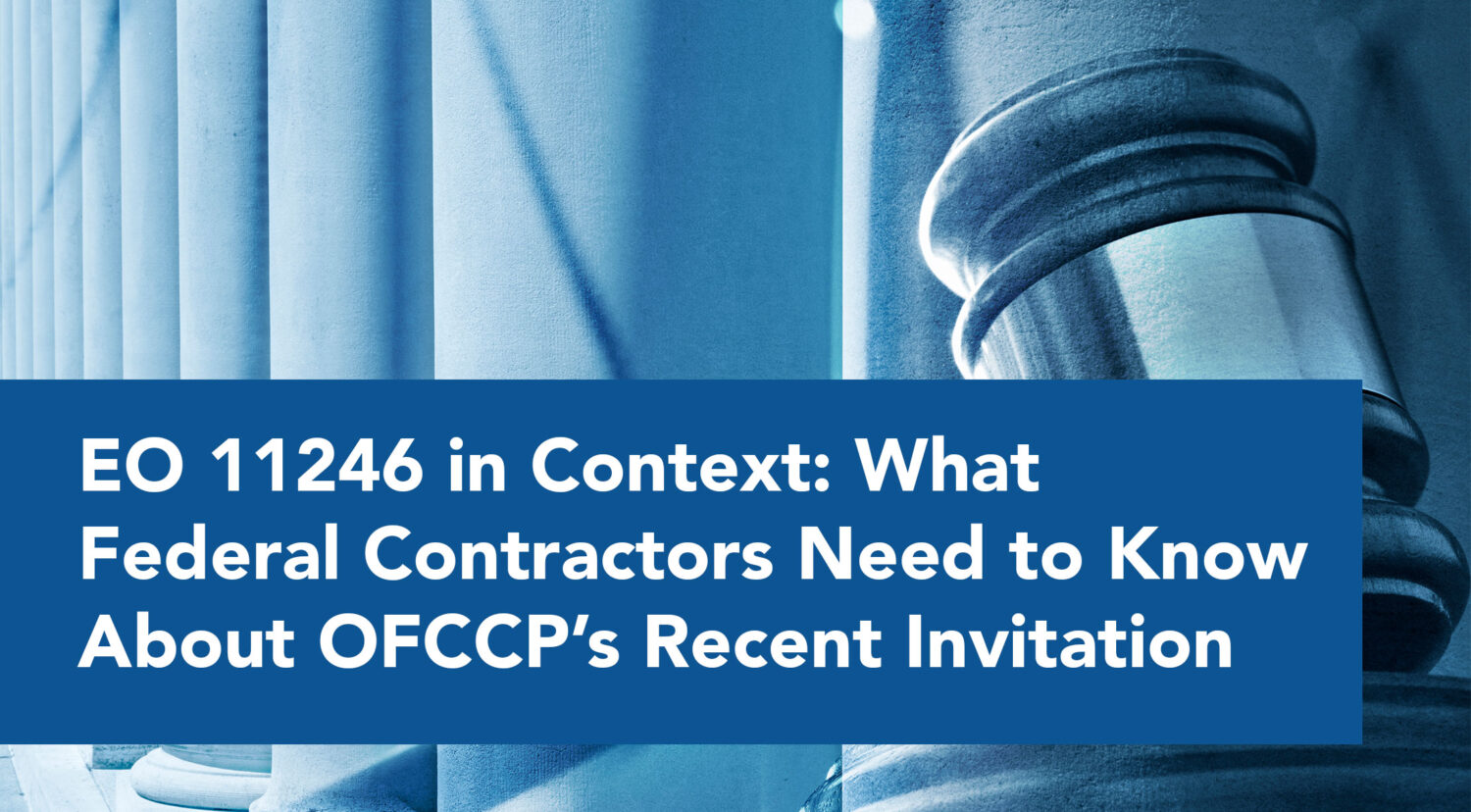“Under this agreement, FedEx will have to really examine and revamp its hiring practices across the entire company. The American people ought to have confidence that one of our nation’s most trusted brands will not tolerate discrimination.” –OFCCP Director Patricia Shiu, March 22, 2012
Yesterday, we’d barely finished the post we published this morning when we received releases with this new headline:
Shipping giant FedEx to pay $3 million to settle charges of hiring discrimination brought by US Department of Labor
Although this is a case of “I told you so”, FedEx appears to be taking concrete steps toward fixing their issues. The “I told you so” part is because, due to what actions they have committed to take in addition to the violations they were cited for, they appear to have made all the mistakes I associate with making compliance a low priority. This, of course, was the topic of this morning’s post (which you can read here.)
But before I get to that, let me quote from a blog post OFCCP Director Patricia Shiu published yesterday about the FedEx case:
Federal contracts are big business. In fact, nearly one-quarter of the American workforce works for a federal contractor or subcontractor. That’s nearly 200,000 businesses with almost $700 billion in contracts… …But it comes with a legal obligation to ensuring fair and equal treatment of workers and job applicants – regardless of sex, race, color, religion, national origin, disability or status as a protected veteran. When they sign on the dotted line, contractors promise that they won’t use taxpayer dollars to discriminate. It’s a privilege, not a right, and means you absolutely, positively have to comply with the law.
This, of course, goes to the heart of the ethical argument. It’s an issue of fairness both to the job seeker and also to the taxpayer. Her statement also goes to the heart of the financial argument, which I mostly touched on in this morning’s email, but in addition to the fees and lost productivity, a non-compliant company risks losing part of that $700 billion pie.
Now, back to the “I told you so” part of this message. First, as a result, FedEx will likely be out $6 million or more (yes, that’s double the $3 million fine), in order to give only $138.66 on average to each affected job seeker ($3,000,000 ÷ 21,635 affected people). This $6 million is likely far too low because, in addition to the reasons cited in my earlier post, the OFCCP investigations began seven years ago! For FedEx, this means seven years of attorney’s fees paid to specialist outside firms. (What is the likelihood than an internal General Counsel handled this alone? Pretty low. Although I’m sure they were included as well…instead of working on the general legal work of the company, resulting in a further loss of productivity).
Furthermore, according to the press release:
…FedEx Ground has committed to wide-ranging reforms. The company has promised to correct any discriminatory hiring practices, develop and implement equal employment opportunity training, and launch extensive self-monitoring measures to ensure that all hiring practices fully comply with the law. FedEx Ground also has agreed to engage an outside consultant to perform an extensive review of the company’s hiring practices and provide recommendations to change and improve those practices, to train incumbent and future supervisors and employees, and to monitor compliance with the equal employment opportunity laws enforced by OFCCP. Finally, the company will take necessary steps to comply with all record-keeping requirements.
Note they are adding EEO training, hiring practice fixes, recordkeeping standards, a third-party HR audit, and supervisor training. That FedEx is doing so implies they didn’t already have these practices in place. Weren’t these all things I alluded to in this morning’s email alert? FedEx, like any company of any size, is not immune to de-prioritizing compliance.
You may have noticed “recordkeeping”, which is one of our pet peeves. FedEx was indeed found in “extensive” violation of recordkeeping requirements.
We laud FedEx for what appears to be a genuine action plan to correct their procedures. Over the next two years we will have to see if they only have the intention to follow through or if they will follow their plan.





